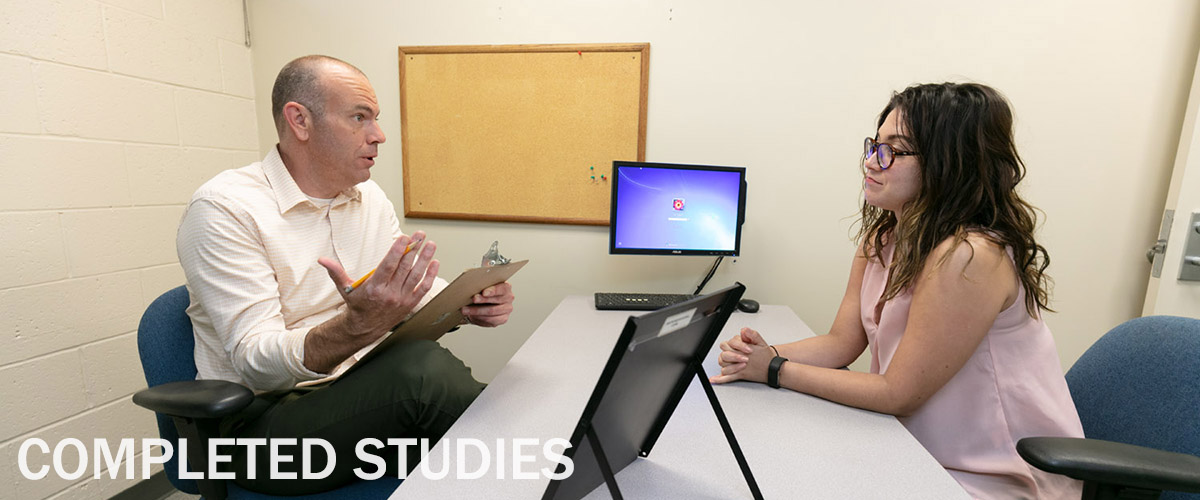Short-Term Effects of Cannabis Therapy on Spasticity in MS
INVESTIGATOR: Jody Corey-Bloom, M.D., Ph.D.
STUDY LOCATION: University of California, San Diego
PROJECT TITLE: Short-Term Effects of Cannabis Therapy on Spasticity in MS
PROJECT TYPE: Clinical Study
STATUS: COMPLETED
RESULTS:
Thirty-seven participants were randomized at the start of the study, 30 of whom completed the trial. Treatment with smoked cannabis resulted in a significant reduction in spasticity using an objective clinician-rated measure. The placebo-controlled trial also resulted in reduced perception of pain, although participants also reported short-term, adverse cognitive effects and increased fatigue. No serious adverse events occurred during the trial.
The full results of this study have been published in CMAJ.
ABSTRACT:
Multiple Sclerosis (MS) is the most common debilitating neurologic disease of young people, affecting at least 250,000 persons in the US, often between the ages of 20 and 40. Symptom manifestation varies considerably from person to person; however, one frequently noted concomitant is spasticity, which causes pain, spasms, loss of function and difficulties in nursing care. The present application is designed to explore the short-term effectiveness and safety of medicinal cannabis on spasticity in patients with MS. There has been significant public discussion on the potential therapeutic uses of cannabis for various neurologic conditions, including MS; however, evidence that cannabis relieves spasticity produced by MS is largely anecdotal. Large-scale trials or controlled studies to compare cannabis or THC with currently available therapies for spasticity have not been performed. There is no published evidence that cannabinoids are superior or equivalent to available anti-spasticity therapies and potential side effects of cannabis need to be clarified. This proposed two-year project aims to examine spasticity and global functioning in 30 MS patients before and after treatment with smoked cannabis in a placebo-controlled, randomized, cross-over design. It is expected that MS subjects will demonstrate improvement in spasticity but impairment on cognitive measures of attention, concentration, and memory assessed before and after medicinal cannabis treatment. Patients will be measured at baseline and for three days after each treatment initiation using sensitive measures of spasticity, cognition, neuropsychiatric features, treatment-emergent effects, and global measures of functioning. Thus, the application's primary goal is to obtain objective assays of short-term efficacy and safety in MS patients treated for spasticity with medicinal cannabis.

